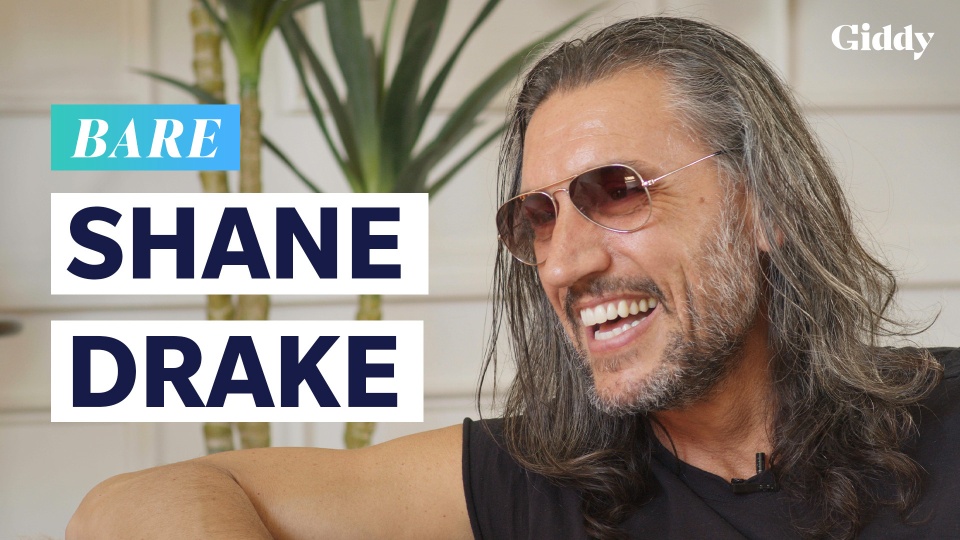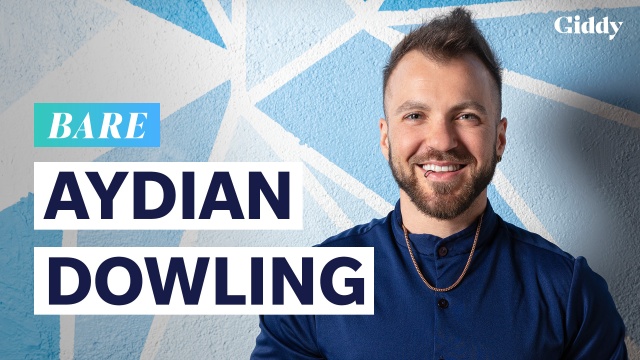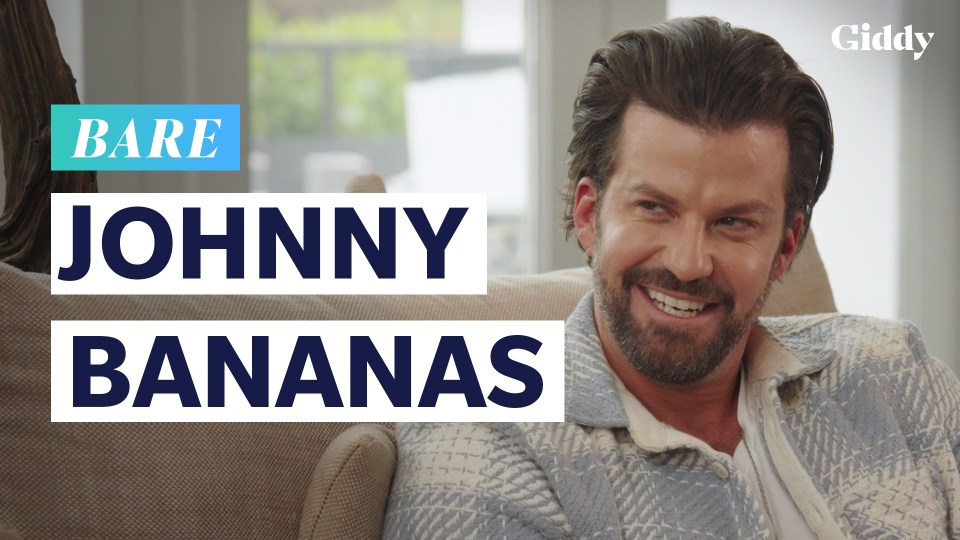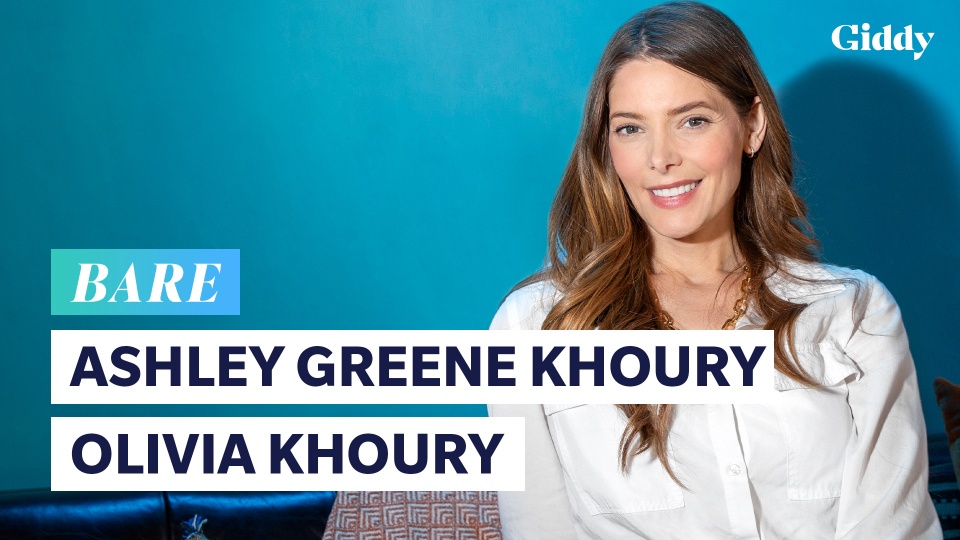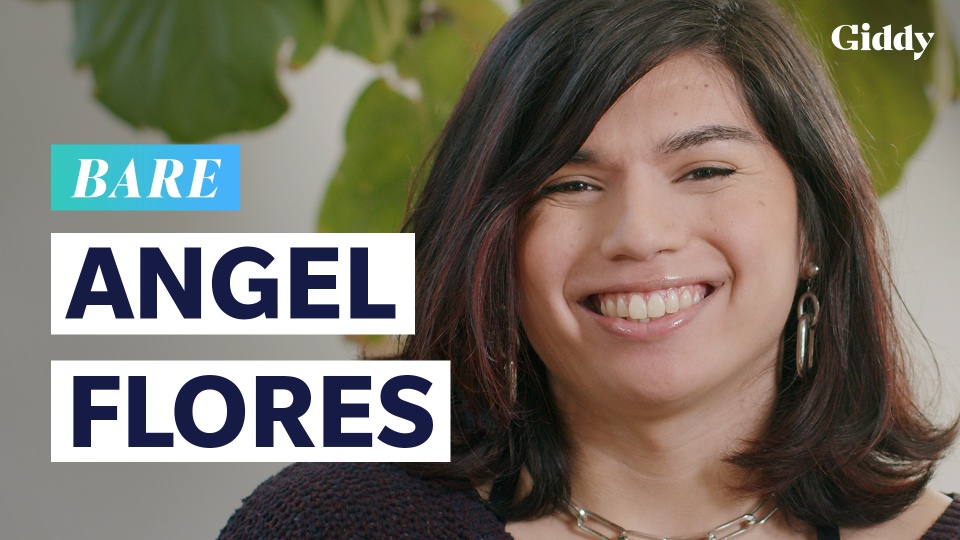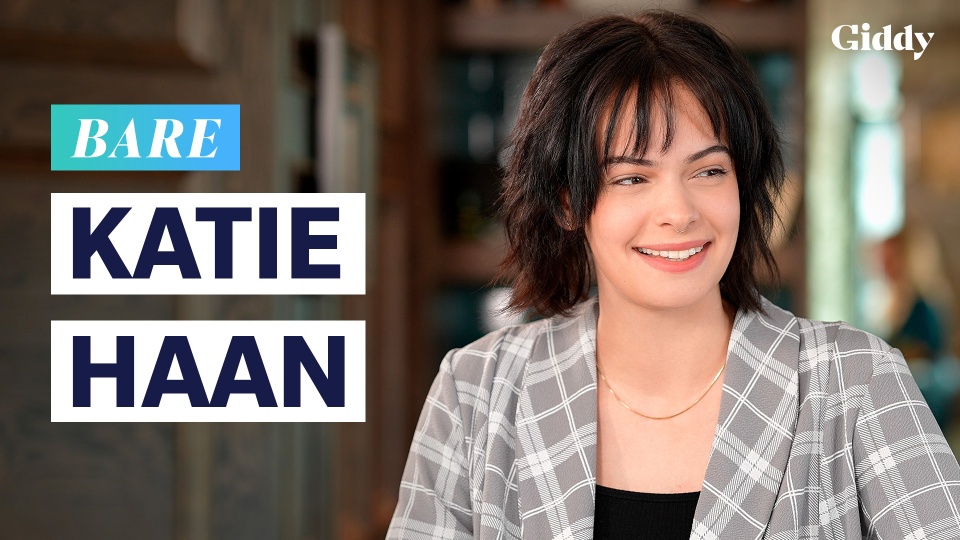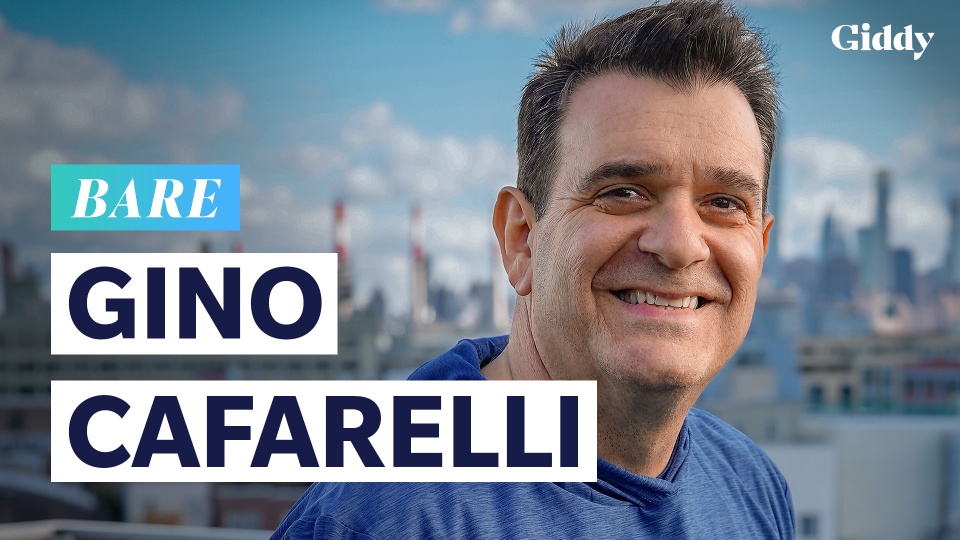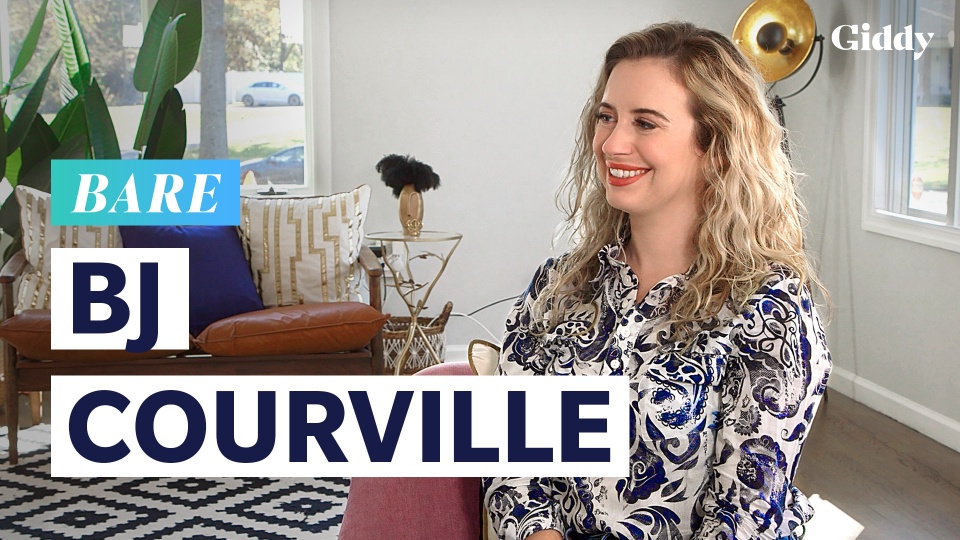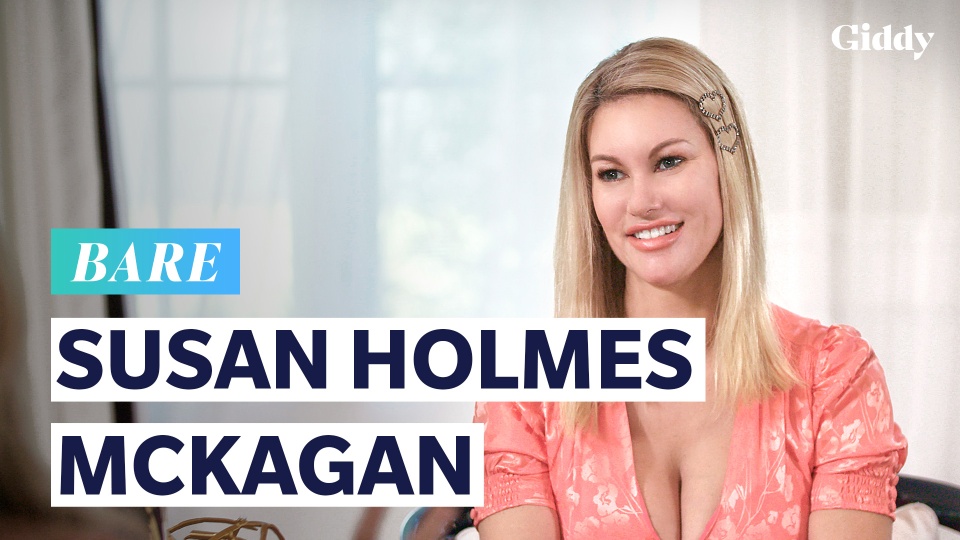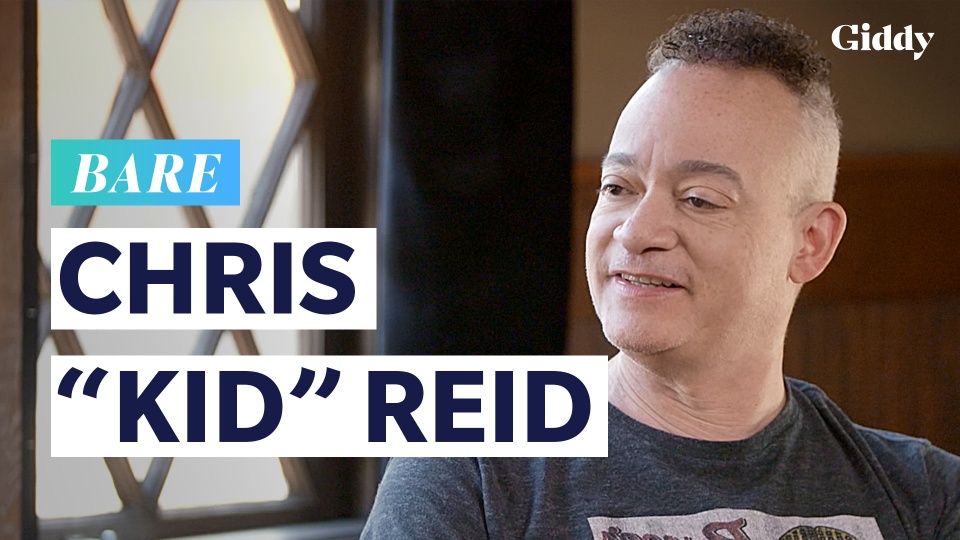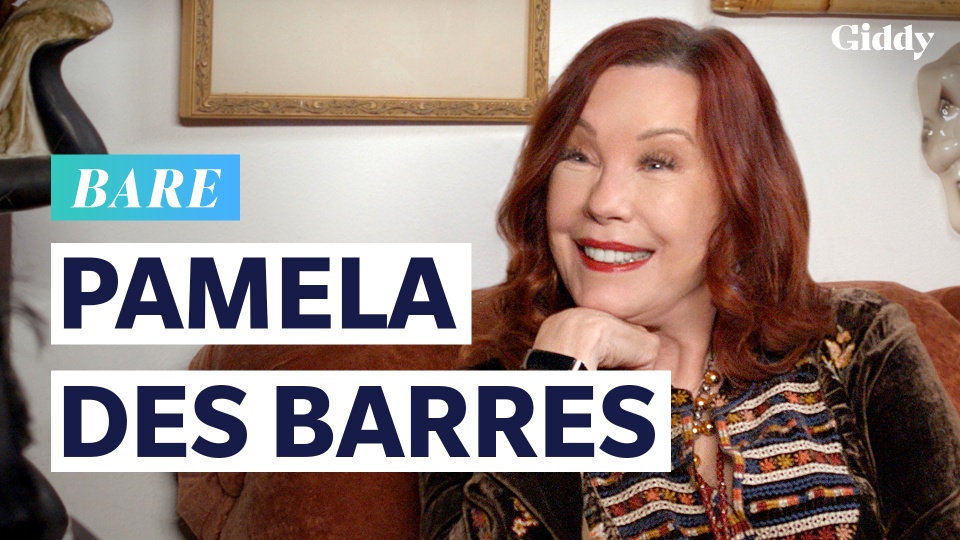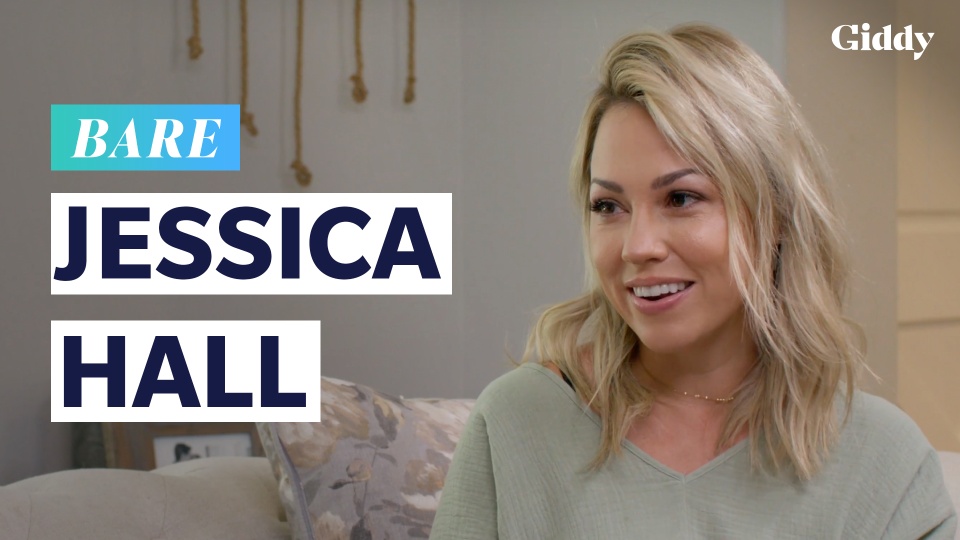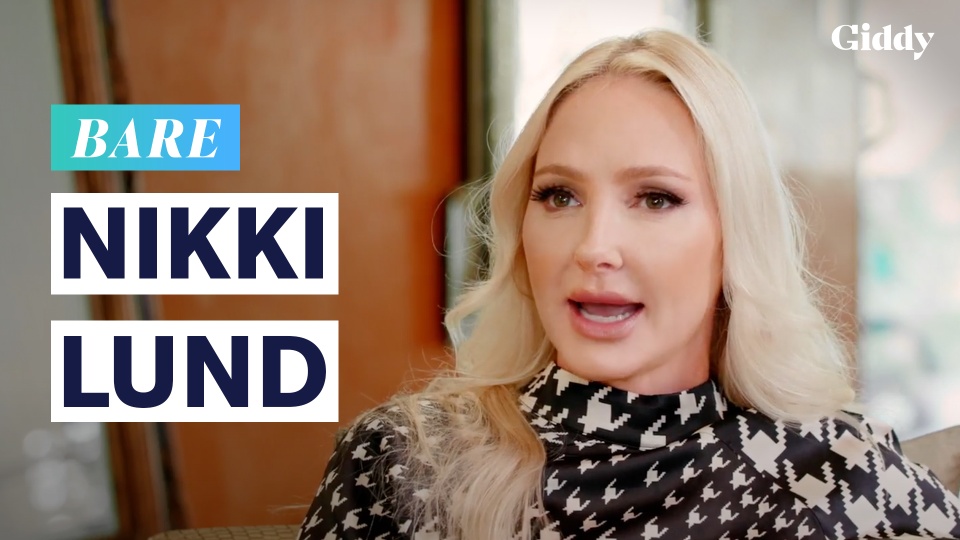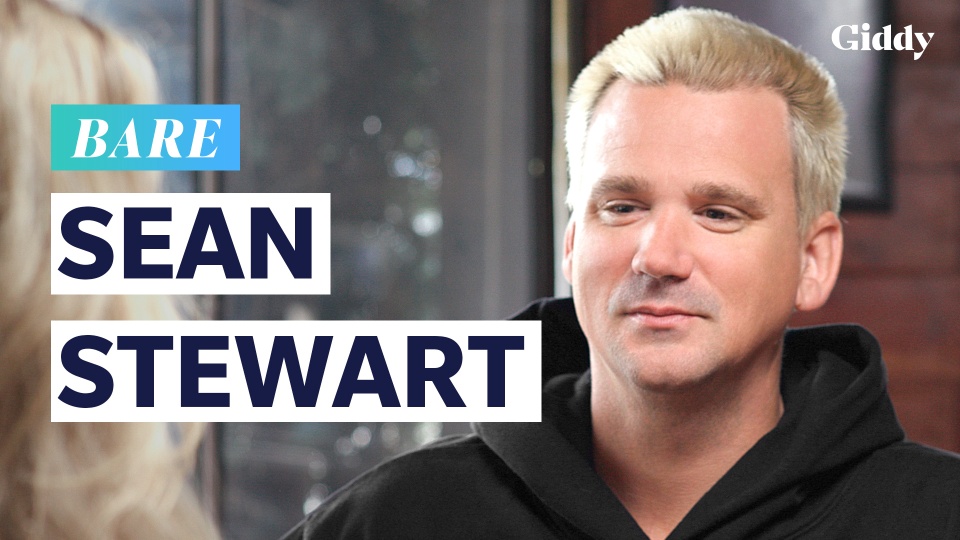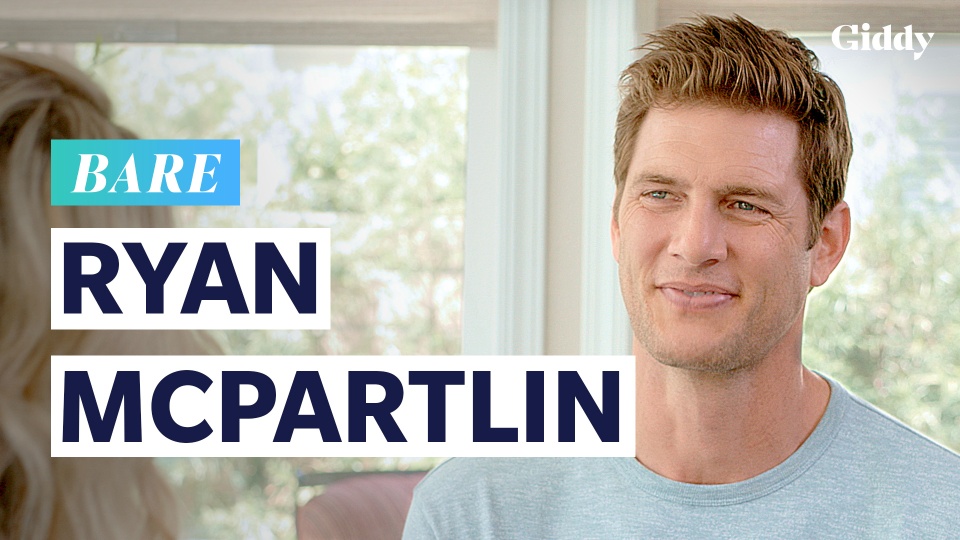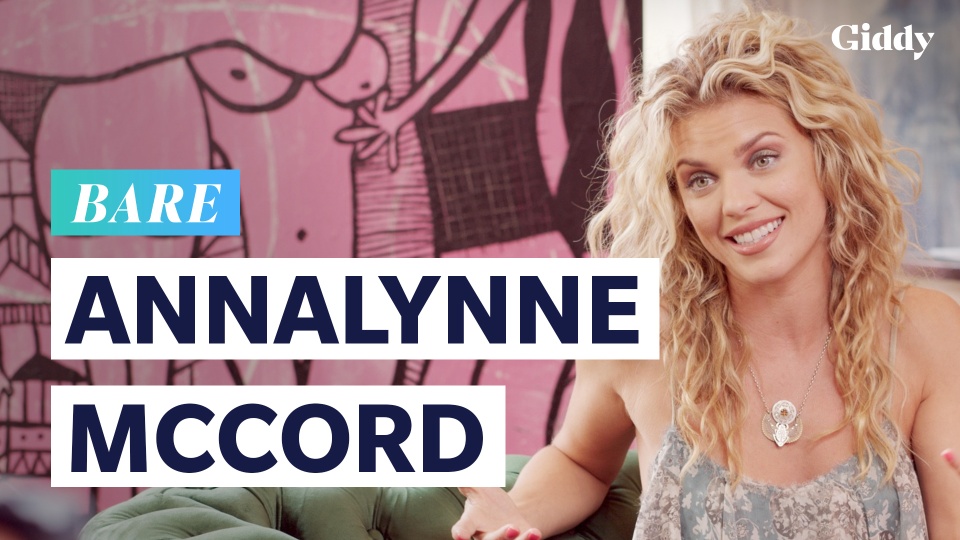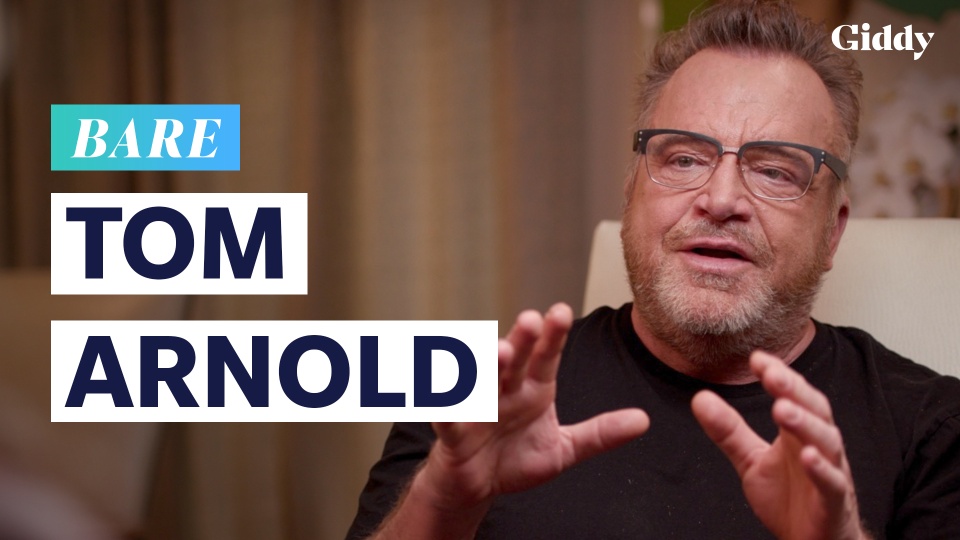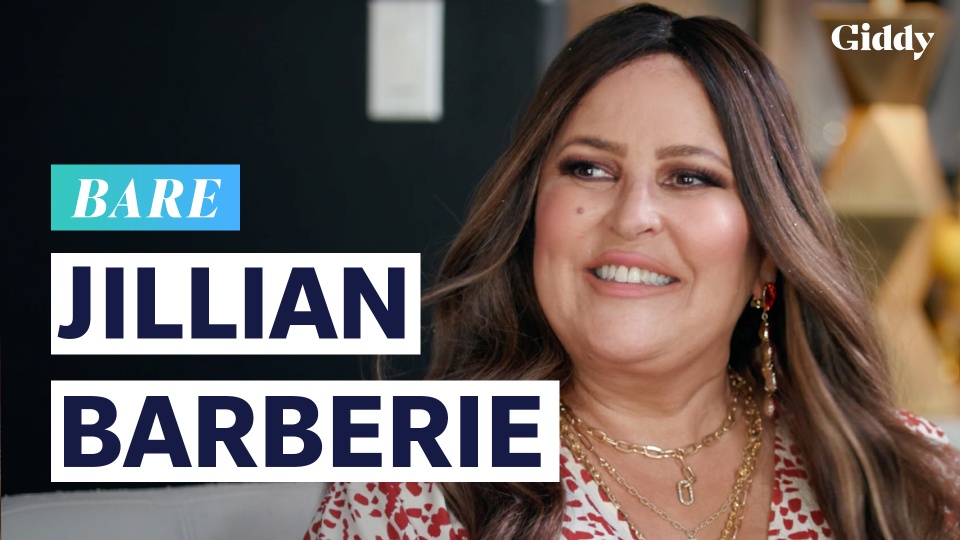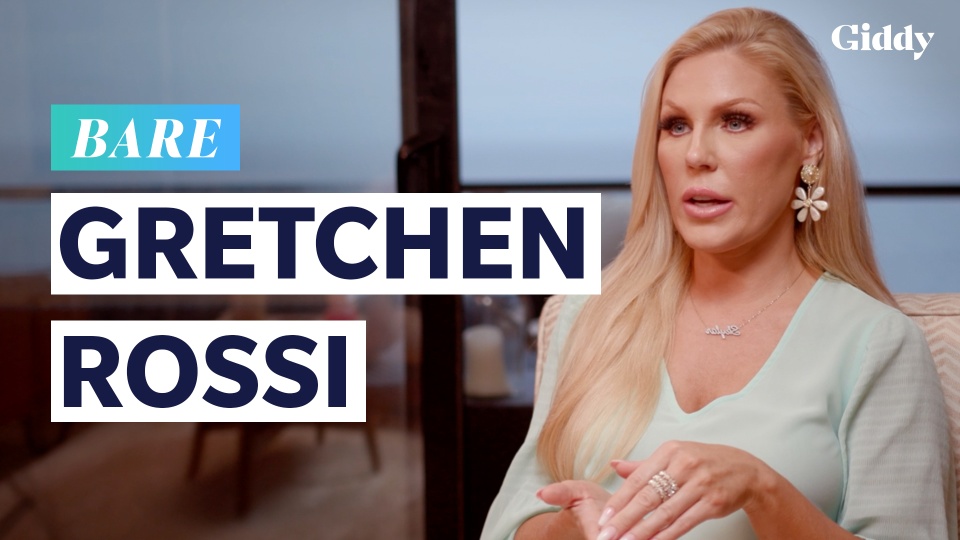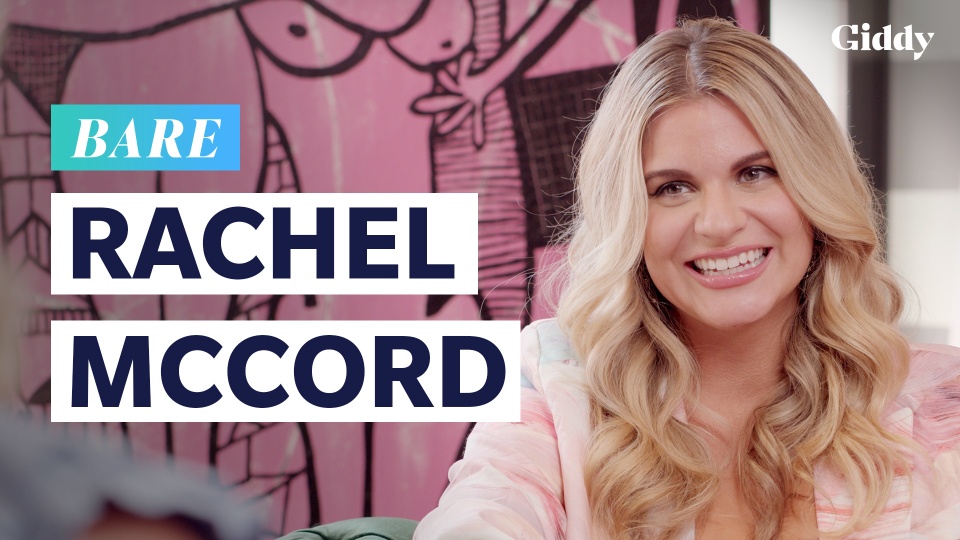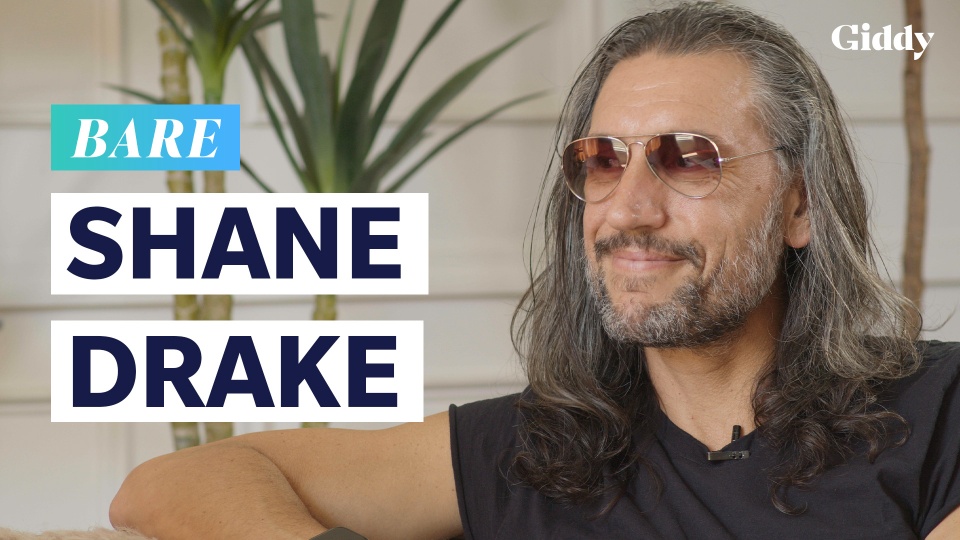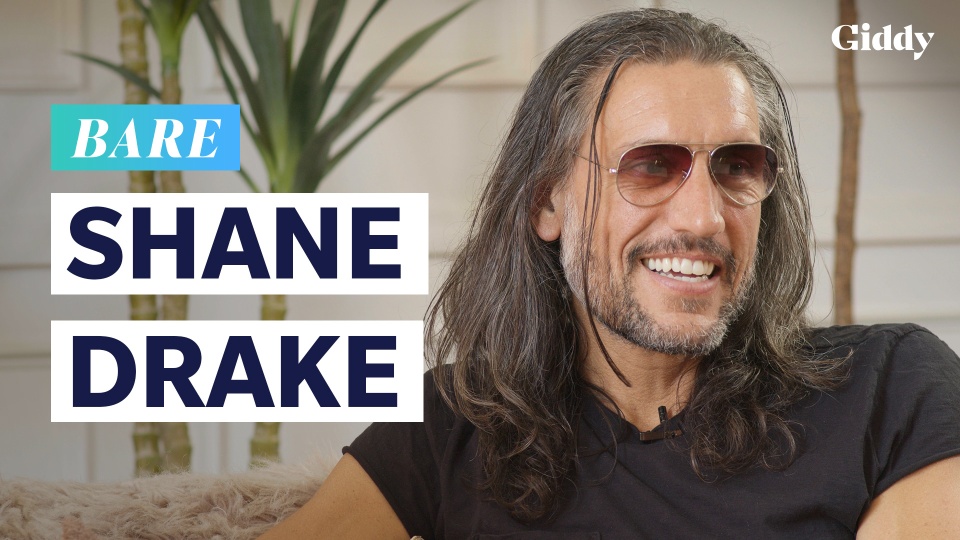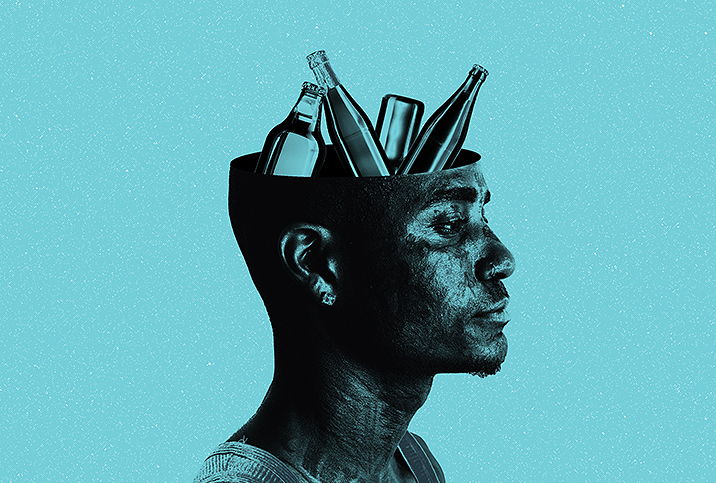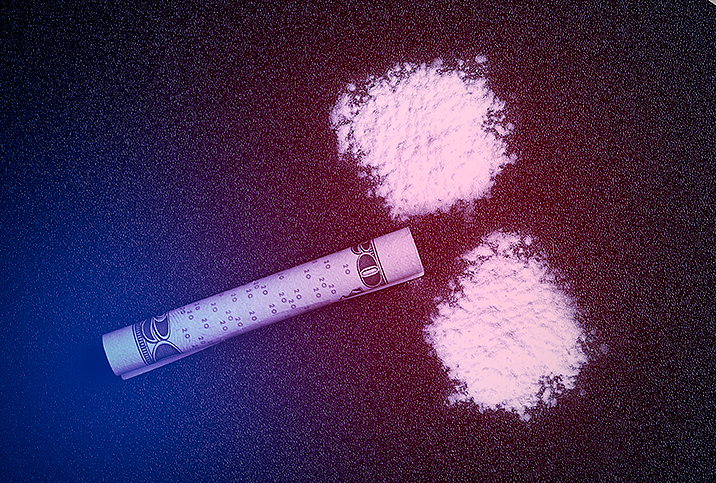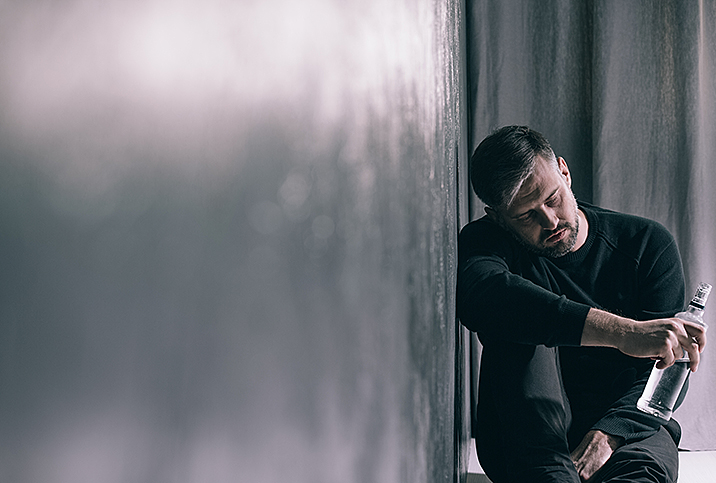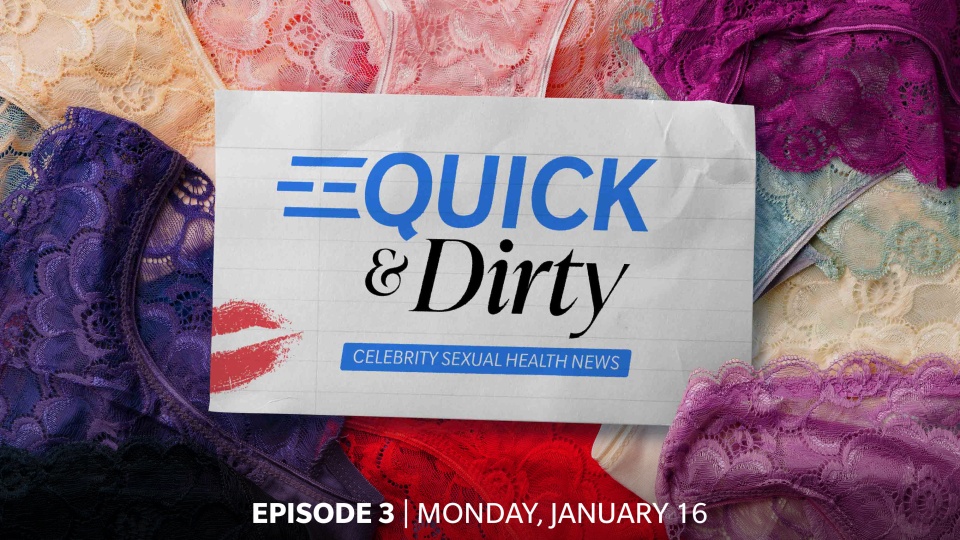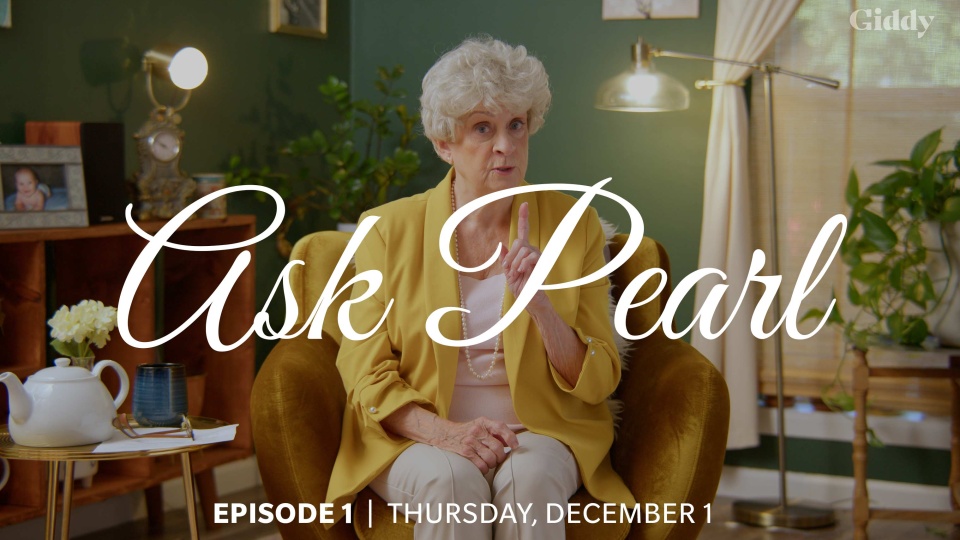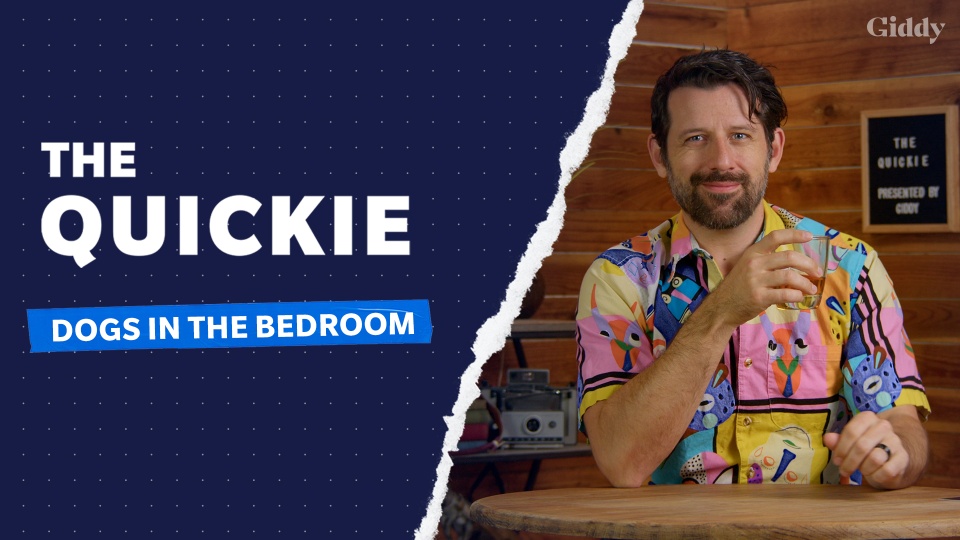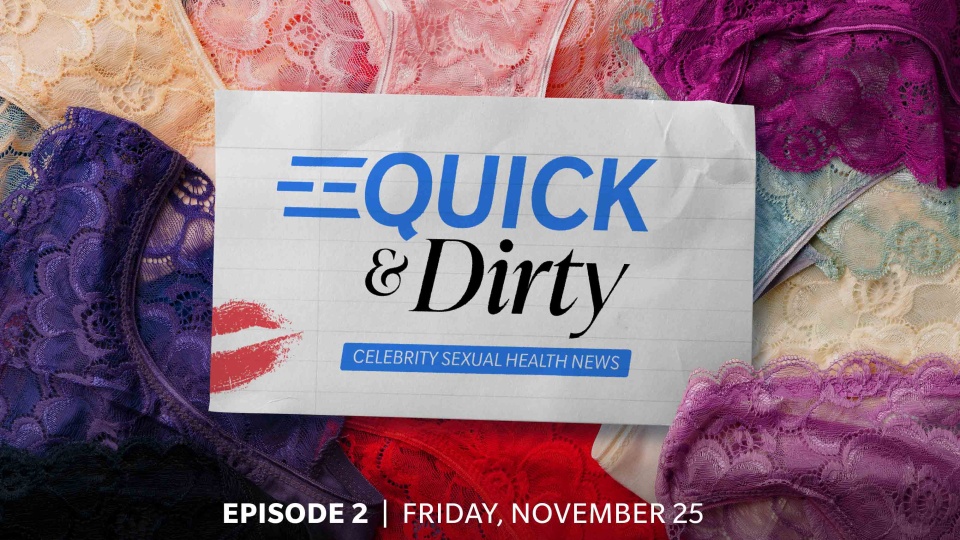Shane Drake on overcoming drug addiction
Music video director Shane Drake sat down with Giddy's Trisha Cummings to discuss battling drug addiction while navigating success in the entertainment industry.
More about this episode
A Conversation with Shane Drake
In this one-on-one conversation with Giddy's Trisha Cummings, music video director Shane Drake bares his struggles with substance abuse and overcoming drug addiction.
Despite winning prestigious awards and working with huge names in Hollywood, Shane says he did not feel worthy of receiving recognition among his peers. He would show up to awards shows intoxicated, leave early, and then go back to his hotel room and cry—even if he had won. Shane began questioning his purpose not only in the entertainment industry, but also in life—which led to his downfall with substance abuse. Hitting rock bottom, Shane says he felt soulless and had no idea who he was anymore. His addiction not only caused harm to himself, but also to others as he became emotionally disconnected from his relationships, friendships, and even his parents.
Fortunately, Shane eventually found his own strength to pursue a path to sobriety, and made amends with the people who were hurt by his past actions, including his family. Shane stands behind his convictions and believes that every experience, both good and bad, has led him to where he is today: more open with loved ones, honest with himself, and realizes he serves a purpose in this world.
Transcript
If there is an underlying reason why you started using, what do you think it was?
I'm an adventurer in my mind. I love the fantasy. That's why I'm a storyteller. It's why I'm in the world that I'm in career wise. So I think, for me, in a very real way, and a very honest way, drugs and alcohol and that fast kind of crazy life, it's alluring to me. Even still as a sober person who knows the pitfalls of it, it's an alluring thing to me.
It's an alluring world. I loved the drugs. I didn't just try and escape, I loved them. I loved cocaine, I loved bourbon, I loved drinking. I loved carousing with friends. I loved all of it. And it sounds maybe psychotic, but I did. I loved it. But I think, if I was to speak to more of a pejorative, sort of negative, perhaps, underlying reason is that when I did reach the success I did with those first few videos, in particular "Panic" and winning the VMA, that happened very quickly in my career. And so, it very much set a standard for me that I was afraid I'd never reach again. That was supposed to come years down the road of really building this thing. And instead, I got that right away. You know what I mean? And so, I'm worried, will I ever do something of that note again?
Were you worried that you would never be emotionally fulfilled by anything else if you didn't reach that, since it probably was such an emotional high?
Insightful question. Absolutely. You know, it's funny—so after the VMA, I would go on to win two CMTs, two ACMs and a CMA. But in almost all of those—they're all live televised shows—on all the ones of those shows that I actually attended, I would go to the show, and I could only stay at the show for about five, 10 minutes, drunk out of my mind, and I'd have to leave. I couldn't stay and watch it all, because it felt—I didn't know how to process it. I didn't know how to emotionally connect myself as having done that kind of accomplishment, and attribute any significant worth or value to it on the grand scheme of life.
It sounds lofty. It's sort of just my way of saying, "What does all this mean? And is it as important as all these people are making out to mean? And do I want it to be more important, do I want it to be less important? Where do I fit in all this?" And I would go home, and go to my hotel room while the show was on, and I would just cry. That happened multiple times for when I would win the big award.
Wow.
Yeah. I think it definitely made me worry if I would ever be emotionally fulfilled in anything in this world, because I think there's this level, this ontological question that exists in me, of "Why am I here, why am I doing this?" And I still ask those questions, but now in sobriety, I definitely don't spin out in them. Because you ask those, and then you start drinking, you start drinking, start drugging, you start drinking. All of a sudden, you're no longer rational in how you're processing that already somewhat irrational quandary.
So as the addictions became more intense, what happened to your relationships with loved ones?
I basically, you know, I definitely had kept loved ones at an arm's length reach. Even when I get into intimate relationships, there's a point where I'm like, ah, maybe—
Little too close.
—maybe not. Even though I want you right here, I'm afraid of it. So don't, but do.
Yeah.
And I'll get mad at you for not, but also don't. I definitely did that with my parents. I definitely did that with girlfriends, my wife, and girlfriends after that. But when I was in the throes of my addiction, it becomes like—instead of like this, like "Come close but don't," it's like, "Get over here! Get the fuck away! Get over here!" [motioning pushing and pulling]
[laughing]
And so that's what happened with one girlfriend in particular. Unfortunately, she really sort of saw the real, dramatic side of that. And my parents, I barely saw them. I'd maybe go home once a year, called them once every few months, usually drunk, and thought it was hilarious—didn't realize that they weren't thinking it was hilarious.
Yeah.
And so in that way, in that process, it definitely was problematic. But when I got sober, and I went through the 12 steps, and one of the things you do in that is you make a list of all the people that you've wronged, and all the things that you've done, and then you go try to make amends for those things. And so, one of those things was with my parents, and I got to make an amends with them. It was so special, and so tender, and so genuine that we reformed the tightest bond I've ever had with anyone, with my parents, in the last few years. And just so happened to coincide with the last few years of my dad's life. And so, having those last few years as he was dying of COPD in that state of reconciliation was a gift I will never not be beyond grateful for.
Now, I still have that addictive personality. I still have this [holding people at arm's length], but I can define it. I can call it out. And so, in that sense, my relationships are definitely able to be more honest now, and more welcomed. But again, they're still tumultuous, because I'm still me. I'm still a human dealing with human insecurities, and human limitations, and so is the other person. And so, that will always be the case. You know what I mean?
Yeah. And that's just, like you said, it's being a normal human.
Yeah.
So what did rock bottom look like for you? Paint a picture for us.
Rock bottom, for me, was as much of an event as it was an emotional state. You know, rock bottom for me emotionally was, I no longer know who I am. I never got to the point of contemplating actual suicide, but for the first time, I could process the thought of it in my brain and go, "Oh, I get that." I never wanted to get it. I was just existing, and barely. And so, for me, that made me feel very worthless, and very just soulless. I felt soulless was the rock bottom emotional state.
Practically, it looked like a house full of 50 strangers, crack and cocaine spilled out over the table, and little tinfoil fucking balls of something around, and whip-its strewn across the floor. And lack of respect, dignity, or care for my surroundings in a moment of one final debaucherous party, and realizing that this is my life now. And not wanting that to be my life.
If you have any regrets, what are they?
Regret is such a funny concept. You know, they're so black and white. Some people are like, "You shouldn't regret anything. Life is what you make of it." And other people are like, "No, someone got hurt. That sucks."
I think, for me, it's somewhere in the middle. I feel like I'm exactly the person I want to be right now. I'm exactly the person, through circumstance, genetics, and all that life has thrown at me, that I want to be right now. And I'm excited to be even more. But who I am right now, I'm very proud of, and I'm glad to be this guy.
And so, it required every good and bad thing that happened to get me here. But the instances where I caused someone to self-doubt, maybe self harm, or maybe to consider themselves less—and I've got a number of moments where that happened—I regret those. Not because I would change them for my life, but I would change them for their life.
Yeah.
Do you know what I mean?
Yeah!
But again, I stand behind my convictions that everything, good and bad, regrettable or not, has led me to exactly where I want to be.






